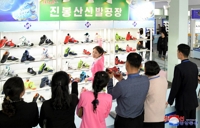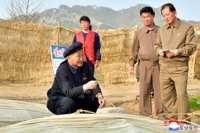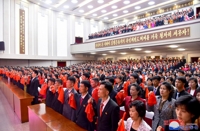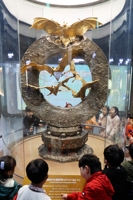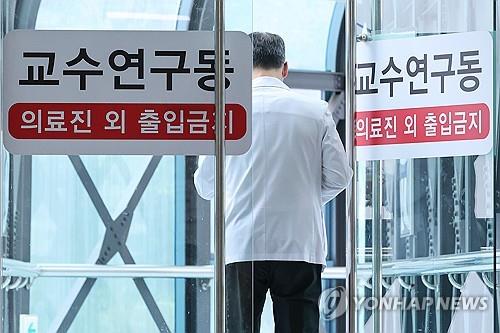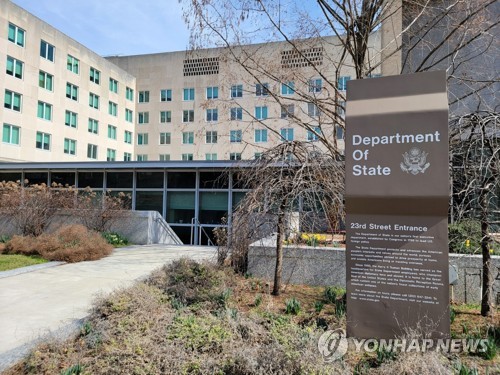Coronavirus causes blood vessel inflammation, immune inhibition: research
SEOUL, Aug. 5 (Yonhap) -- The novel coronavirus causes blood vessel inflammation and inhibits immune response, tests conducted on primates indicated Wednesday.
The infection model research by state-run Korea Research Institute of Bioscience and Biotechnology (KRIBB) showed animals exposed to the SARS-CoV-2 experienced rapid multiplying of the virus in the throat and lungs two days after being infected, The Ministry of Science and ICT said. The SARS-CoV-2 is the virus that causes COVID-19.
The ministry also said blood vessel inflammation detected early after exposure was still present after the third day of infection, although no actively dangerous virus was discovered on the seventh day.
"Coronavirus were detected at the upper respiratory track and the lungs a week after first infection, but it has been determined that these could not transmit the illness to other animals or humans," the report said.
This discovery may provide clues as to why many people who test positive for the virus in real-time polymerase chain reaction (PCR) tests do not have symptoms associated with infection.
KRIBB said along with the rapid growth of the virus, its infection model revealed animals undergoing problems in the early stages of infection with their immune systems that have been observed in people with immune deficiency conditions.
The ministry, which oversaw the research, said the findings, published as the cover article in the online issue of the prestigious U.S. Journal of Infectious Disease, will help in the development of treatment drugs and vaccines going forward.
"The tests reveal some characteristics of the coronavirus, such as symptoms and traits and how it is being transmitted," Science Minister Choi Ki-young said at a meeting with KRIBB researchers in Seoul. He said, based on data collected, the government will do its utmost to support efforts to find candidate materials that can be used for treatment and coordinate efforts by local laboratories, schools and bio companies to develop ways to combat the pandemic.
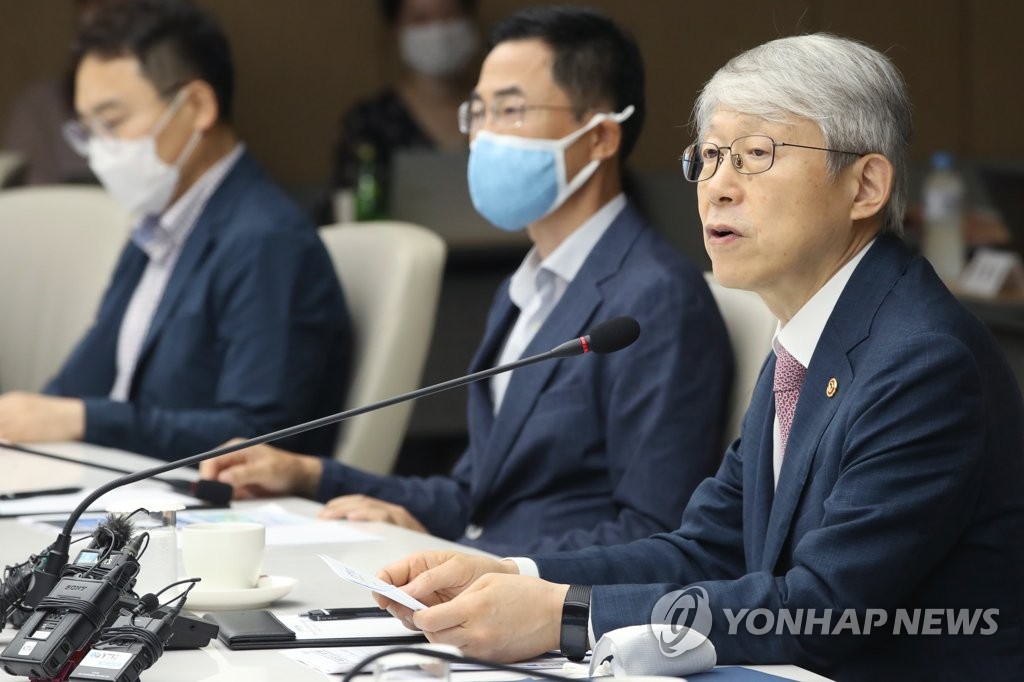
Science Minister Choi Ki-young (R) speaks at a gathering of researchers who conducted primate infection model tests to find ways to combat COVID-19, in downtown Seoul, on Aug. 5, 2020. (Yonhap)
yonngong@yna.co.kr
(END)
-
 Ateez member Yunho throws first pitch at MLB match between Dodgers, Mets
Ateez member Yunho throws first pitch at MLB match between Dodgers, Mets -
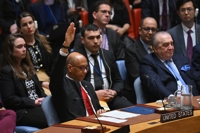 S. Korea supports resolution backing U.N. membership of Palestine
S. Korea supports resolution backing U.N. membership of Palestine -
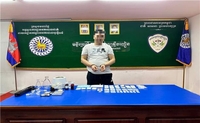 Chinese man behind drug scam targeting teens nabbed in Cambodia
Chinese man behind drug scam targeting teens nabbed in Cambodia -
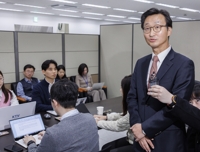 S. Korea, U.S. to hold 1st round of defense cost sharing talks this week
S. Korea, U.S. to hold 1st round of defense cost sharing talks this week -
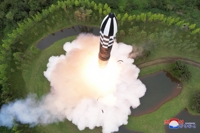 Experts see possibility of N.K. conducting nuclear test before U.S. presidential vote
Experts see possibility of N.K. conducting nuclear test before U.S. presidential vote
-
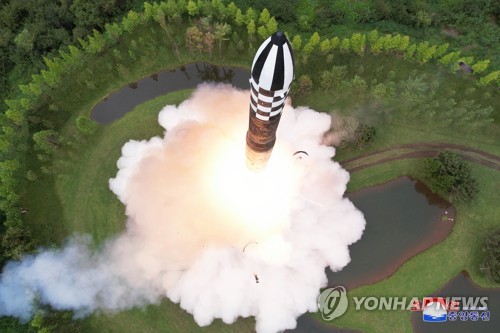 Experts see possibility of N.K. conducting nuclear test before U.S. presidential vote
Experts see possibility of N.K. conducting nuclear test before U.S. presidential vote -
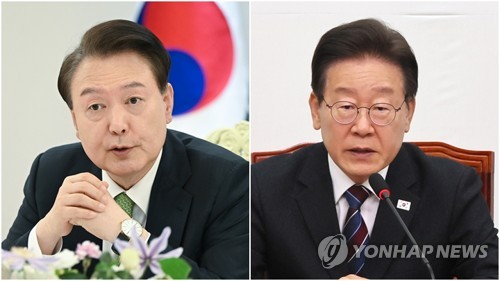 Details of meeting between Yoon, opposition leader undecided: presidential office
Details of meeting between Yoon, opposition leader undecided: presidential office -
 Looming weekly closure of major hospitals feared to worsen medical service crisis
Looming weekly closure of major hospitals feared to worsen medical service crisis -
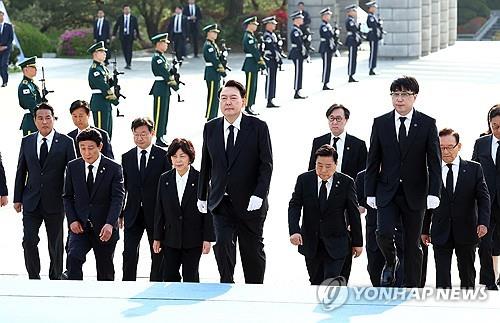 Yoon's approval rating sinks to lowest point since taking office
Yoon's approval rating sinks to lowest point since taking office -
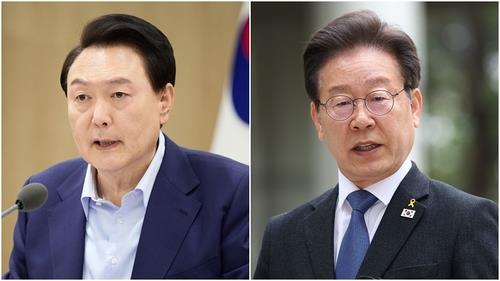 (LEAD) Yoon proposes first-ever meeting with opposition leader
(LEAD) Yoon proposes first-ever meeting with opposition leader
-
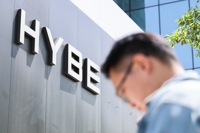 (LEAD) Hybe to file complaint against sublabel executives over internal conflict
(LEAD) Hybe to file complaint against sublabel executives over internal conflict -
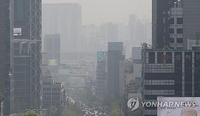 S. Korea reports highest suicide rate, ultra fine dust level among OECD nations: data
S. Korea reports highest suicide rate, ultra fine dust level among OECD nations: data -
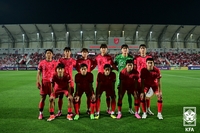 10-man S. Korea lose to Indonesia to miss out on Paris Olympic football qualification
10-man S. Korea lose to Indonesia to miss out on Paris Olympic football qualification -
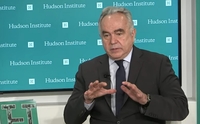 U.S. will take steps for three-way engagement on nuclear deterrence with S. Korea, Japan: Campbell
U.S. will take steps for three-way engagement on nuclear deterrence with S. Korea, Japan: Campbell -
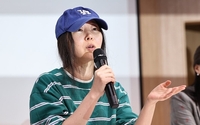 (3rd LD) Hybe to file complaint against sublabel executives over internal conflict
(3rd LD) Hybe to file complaint against sublabel executives over internal conflict















